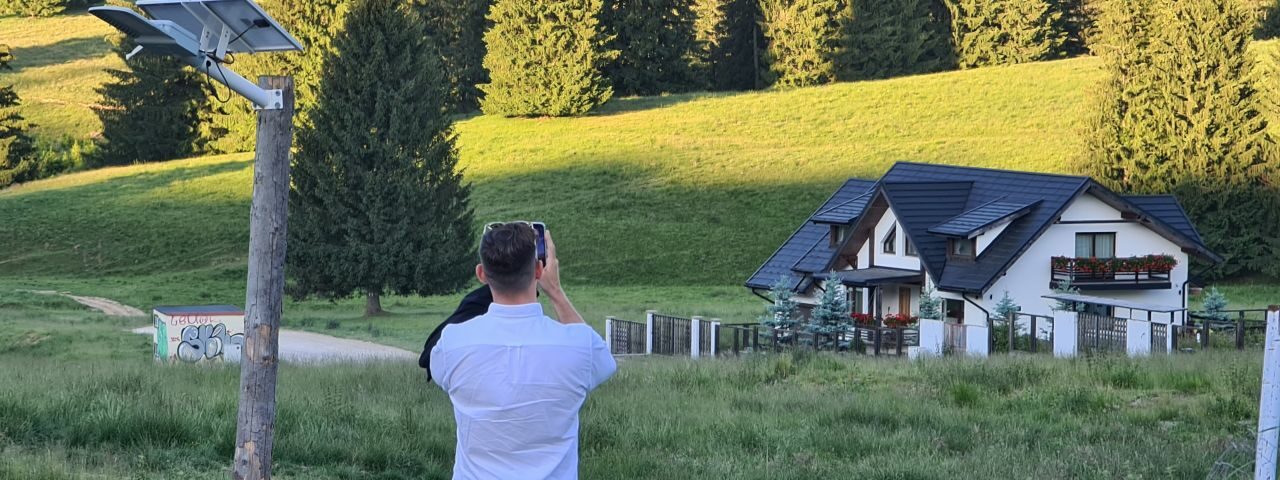Although we have not yet reached the stage where you enter a supermarket and seek to purchase digital assets alongside food products, the developing NFT field is now enhancing into various fields and is currently used as a tool for factoring transactions and is now also reaching the real estate market.
The idea of creating synthetic rights in real assets is not new. For example, when an airline wishes to purchase an aircraft, it usually enters a factoring transaction - a sale of future revenues from operating the aircraft against the immediate receipt of funds. Similarly, I previously represented an Austrian financing company that entered into a factoring transaction with a well-known Israeli shipping company, in which the Israeli company purchased containers financed by the Austrian company in a factoring transaction in exchange for selling some of the future revenues from operating the containers.
In recent years, the NFT market has burst into our lives - a new technology that enables the creation of a new type of digital asset, about which we have already written a number of articles.** In practice, there is not much conceptual difference between an NFT unit and a share in a company - both are in fact a bundle of rights, which can be characterized by the bundle issuer. In the case of a share - a company that issues the share and establishes its rights in the company's articles of association and in the case of NFT - the creator of the token is the entity that issues the bundle of rights and establishes its rights in a smart contract.
Many people have purchased digital assets represented by NFT in recent years, such as "eagles", "monkeys" and other digital exhibits, which value ultimately depends on the continuation of the exhibitor's marketing work and in many cases, once the creator has stopped promoting, no one trades in the property any more and its value decreases. Thus, the newspapers are full of moving obituaries about the death of the NFT world and rightly so - those who purchased a digital presentation several months ago paying a small fortune for it, now "benefit" both the volatility of digital currencies and, in many cases, the near-full loss of value of the property as a result of the fact that nobody continues to promote such.
But the (apparent) decline of digital representations represented by NFT (and here too we would not be in a hurry to eulogize) does not necessarily represent a decline of the powerful tool called NFT and at any time new opportunities open up using this tool, and such will continue to develop in the future. Among the new prospects one may find projects dealing with the management of assets and commercialization of artists' rights in works of art (i.e. not the sale of the work itself, as in the past, but the commercialization of some rights, such as rights to part of the royalties to be due for a song), which in fact is a factoring transaction - The artist is currently raising funds that will allow funding for the promotion of the song (or any other purpose) in exchange for the sale of future royalties from the song. For example, our firm is currently accompanying a unique NFT project related to a real estate project in Europe, which is currently under construction, and under which purchasers of NFT units will receive a share of its profits in the future - in practice, a type of factoring transaction for currently raising funding against right from the built project. Naturally, there are complex legal and accounting issues in structuring such a transaction, in order to ensure on the one hand the tremendous benefits of NFT and the use of smart contracts, but on the other hand ensuring that the transaction also meets local regulatory and local taxation requirements related to real estate transactions. Thus, it is vital that such transactions are built by lawyers dealing in the NFT field.
In conclusion, there is no doubt that the NFT market is changing on daily basis and creating new opportunities and it is too early to eulogize this new technology. Naturally, it is important to carefully examine the purchased property and ensure that it is a direct contract with the real rights holder and that in the "real world" there is a link between the digital rights and the physical rights (e.g., in the case of construction project, a mortgage for the benefit of the NFT holders) as well as to ensure that the structure was built by lawyers and not digital experts to create appropriate protection for the NFT holders.
[Image courtesy of CVERSE, entrepreneur and manager of the said NFT project]

